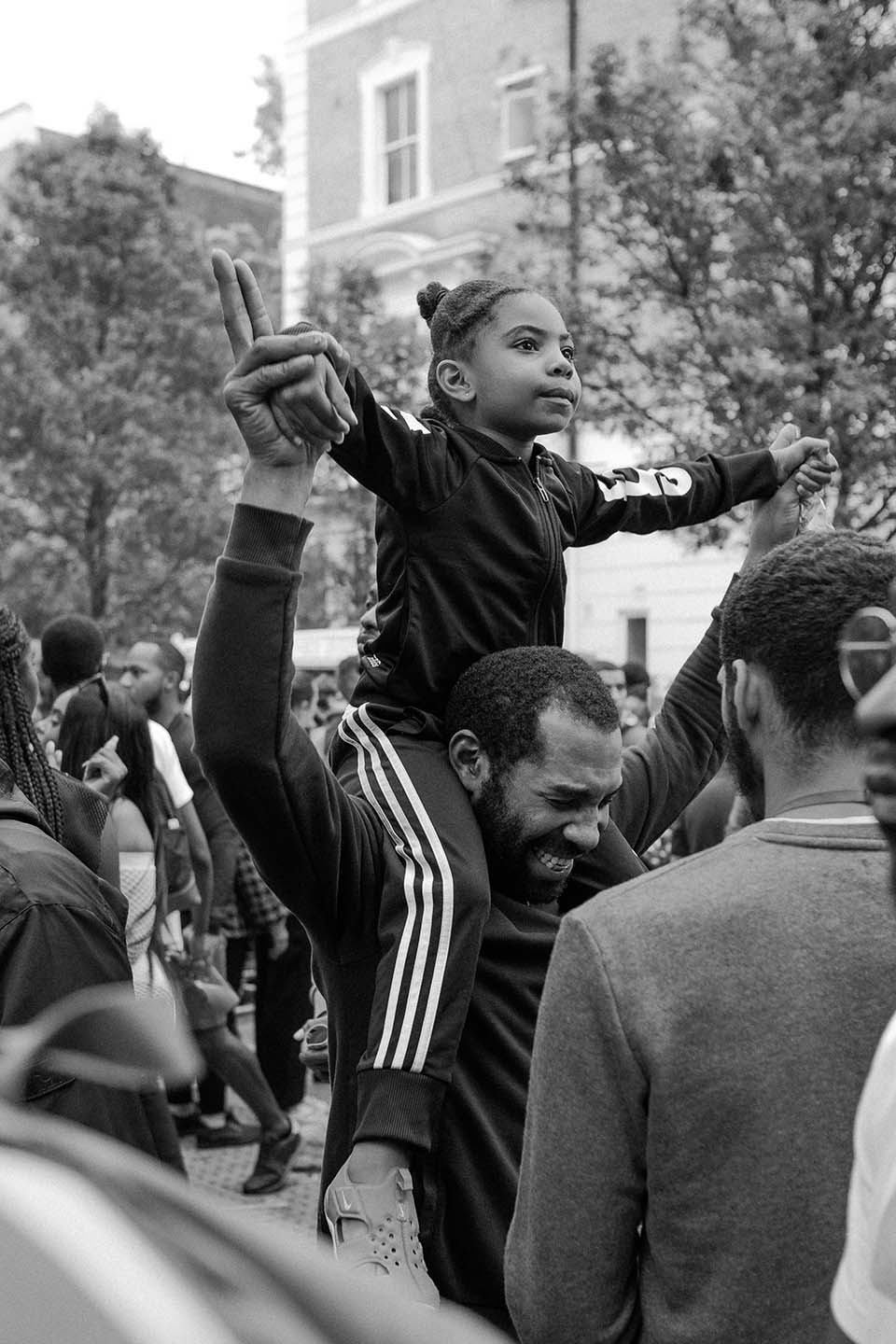At this stage of the game, recommending yet another reading just doesn’t cut it … but maybe part of your yearly Juneteenth tradition could be revisiting Ta-Nehisi Coates’s hugely important 2014 study, The Case for Reparations from The Atlantic (a paywall-free PDF is available here).
Still though, right action is where it’s at.
For that, we recommend beginning with these short, practical, and direct suggestions just-out from the Washington Post. In it, the “Grandmother of Juneteenth,” Opal Lee, and others share wisdom and guidance on making Juneteenth something that means something to you and your family—because that’s how you make meaningful change in your life and your community: With commitment, with respect, with the desire to be a part of powerful material and cultural change.
Another way to make meaningful change is to let yourself be changed. And for that we recommend this list from a 2020 anti-racism blog post. It’s provocative, evocative, on-point, and necessary – and we hope it’s something you’ll read and be moved by.
And then, of course, let’s celebrate.
Here’s to peace, love, family, and chosen family.
And equity and pride for all.
